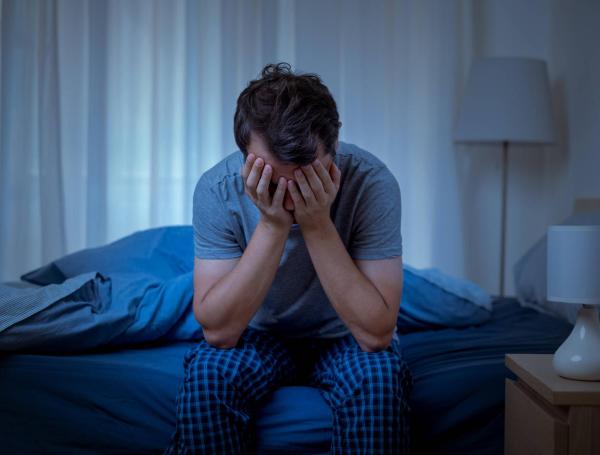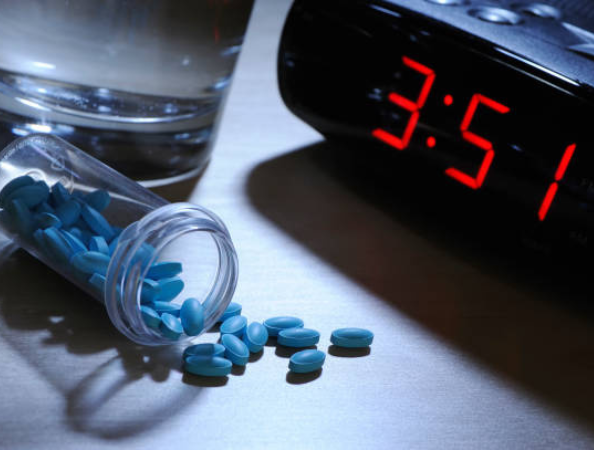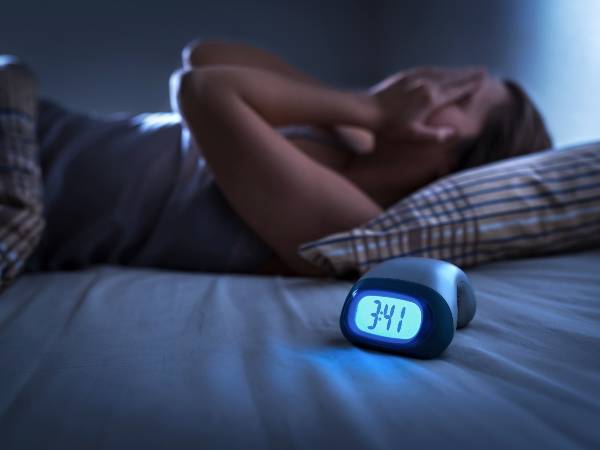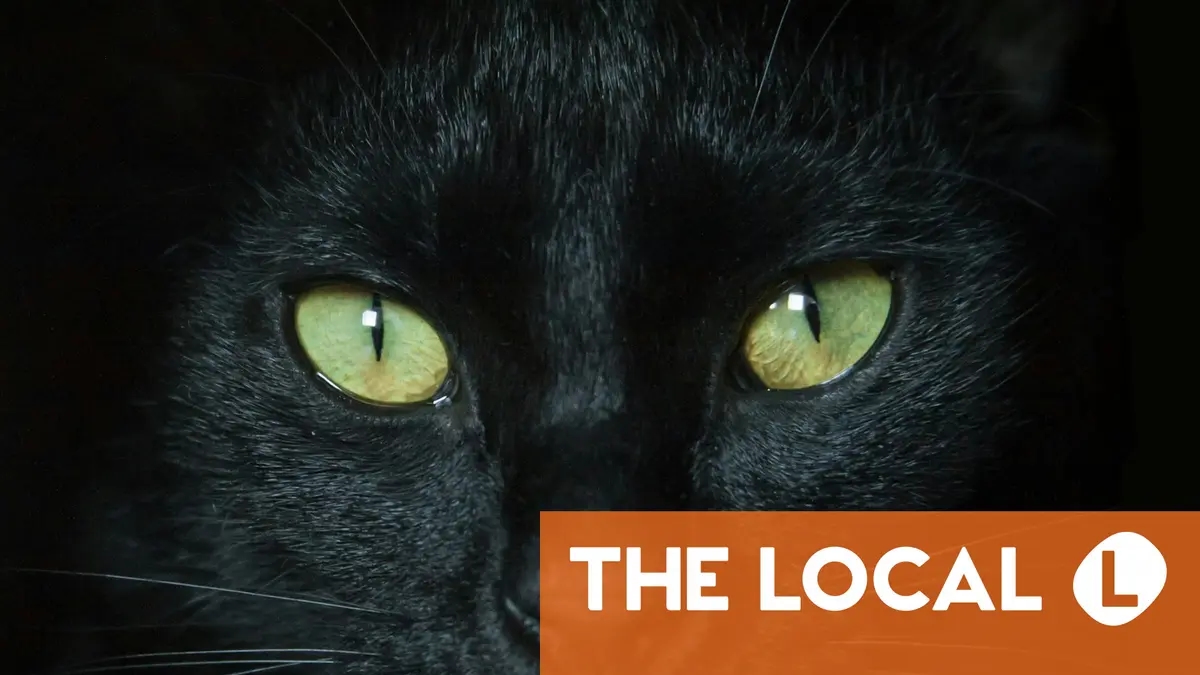Neurologists warn against the use of unmedically valid 'miracle' products for insomnia: they affect more than just your wallet, they affect your health.

The Sleep and Wakefulness Disorders Study Group of the Spanish Society of Neurology (SEN) has warned about the increase in "miracle" products and services aimed at people with insomnia that lack medical or scientific backing.
According to the organization, its use not only entails a "significant" financial expense, but can also be harmful to health by delaying proper diagnosis and treatment , favoring the chronic nature of the disorder.
The group's coordinator, Dr. Celia García Malo, warned that "although the increased interest in the importance of sleep and measures aimed at improving it is positive, it is increasingly common to find categorical statements and proposals that lack scientific validity, often offering false or medically invalid solutions."
He added that "in recent years we have seen an exponential increase in products and services aimed at people with chronic insomnia."

Insomnia impacts work performance and increases the risk of depression, anxiety, and diabetes. Photo: iStock
Common offerings include "natural" supplements, "miracle" sprays or infusions, special pillows, eye masks with built-in technology, meditation apps, electronic devices, light-filtering glasses, colored lamps, or even weekend retreats aimed at "curing" insomnia.
García Malo emphasized that "none of these products has proven effective in treating this disorder. This is an industry with tremendous marketing power that is seeking its niche among those who suffer from this health problem." Insomnia chronically affects nearly 15 percent of Spanish adults, impacting their quality of life, work performance, and increasing the risk of conditions such as depression, anxiety, hypertension, and diabetes.

Supplements, infusions, or "miracle" devices have not been shown to be effective against insomnia. Photo: iStock
Given this situation, the SEN insists on the need to consult trained healthcare professionals for an adequate diagnosis and treatment of insomnia , considering that it can coexist with other sleep disorders such as apnea, restless legs syndrome, or circadian rhythm disorders.
García Malo explained that "once the patient with insomnia has been evaluated, and other pathologies that can also manifest as sleep problems have been ruled out, cognitive-behavioral therapy is what we consider the first-line treatment." He emphasized that this therapy seeks to restore normal sleep patterns and requires an individualized evaluation.

Cognitive-behavioral therapy is the first therapeutic option endorsed by the medical community. Photo: iStock
The specialist acknowledged that access to this therapy is still limited and that "it is far from meeting the high number of patients who require it, a reality that we must continue to work on and demand as a scientific society."
For her part, Dr. Ana Fernández Arcos, secretary of the group, noted that "in certain cases, in addition to considering cognitive-behavioral therapy if appropriate, it may be necessary to resort to pharmacological treatment, but always under medical supervision . What is clear is that insomnia cannot be resolved with quick fixes or miracle products."

Specialists urge people to be wary of misleading advertising and seek professional medical help. Photo: iStock
The SEN concluded its statement by urging the public to be "wary" of "misleading" advertising and avoid being "swept away" by fads or promises without scientific basis. Neurologists reiterate that only a comprehensive, evidence-based medical approach can effectively treat this disorder and prevent its chronicity.
More news in EL TIEMPO *This content was rewritten with the assistance of artificial intelligence, based on information published by Europa Press, and reviewed by the journalist and an editor.
eltiempo





%3Aformat(jpg)%3Aquality(99)%3Awatermark(f.elconfidencial.com%2Ffile%2Fa73%2Ff85%2Fd17%2Fa73f85d17f0b2300eddff0d114d4ab10.png%2C0%2C275%2C1)%2Ff.elconfidencial.com%2Foriginal%2F51d%2Fe9f%2F61b%2F51de9f61b0f36cf3209ddf533781cb70.jpg&w=1280&q=100)